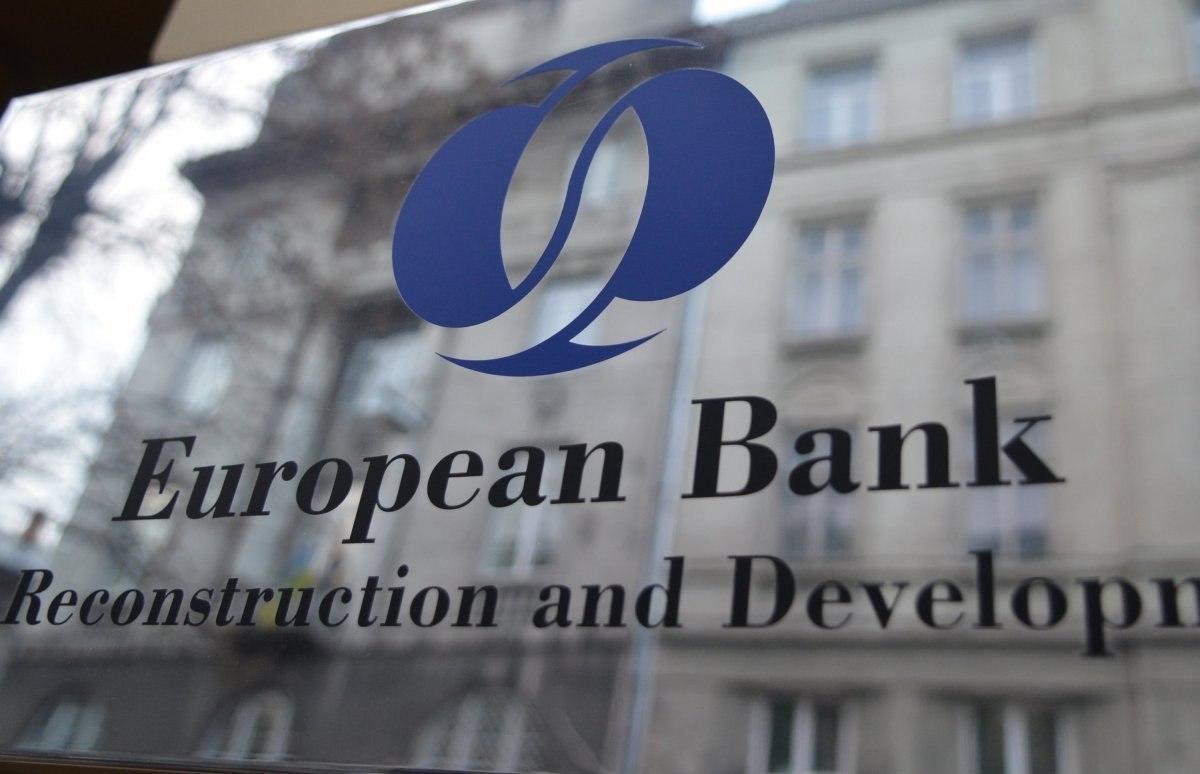
ERBD Forecasts Armenia's GDP to Decline by 3.5% in 2020
Armenia's GDP will decline by 3.5% in 2020 due to the economic impact of the coronavirus epidemic, according to a new macroeconomic forecast released today by the European Bank for Reconstruction and Development (EBRD).
The bank expects the economy in Armenia to recover in 2021, recording 5.5% GDP growth.
The May 2020 update of the EBRD’s Regional Economic Prospects; Covid-19: From Shock to Recovery, has the following to say on Armenia.
“The global uncertainty and decreasing demand resulting from the coronavirus crisis, combined with volatility in commodity prices, will affect the economy directly via a decrease in exports, which are dominated by copper and other mining products, and indirectly through economic links with Russia, including a likely downturn in remittances.
“Prolonged measures of social containment and low mobility would hurt Armenia’s tourism sector, which is largely dependent on visits from Armenians abroad. We project the Armenian economy to shrink by 3.5 per cent in 2020, with a rebound of 5.5 per cent in 2021.”
Regarding Eastern Europe and the Caucasus in General, the report warns that these countries are likely to be severely affected by the coronavirus crisis.
“Lower commodity prices are putting additional strain on the exporters of hydrocarbons and metals – Azerbaijan, Ukraine and Armenia – while an expected drop in remittances will likely further suppress household disposable income in most countries in this region, especially in Moldova, Armenia, Ukraine and Georgia. Loss of tourism receipts will be a significant blow to the Georgian economy.”
The report says that economies across the regions of the European Bank for Reconstruction and Development (EBRD) may contract on average by 3.5 per cent this year, because of the impact of the coronavirus, with a rebound of 4.8 per cent possible in 2021.
The EBRD’s central scenario is based on the prospect of a gradual relaxation of domestic measures to contain the virus and a return to normality during the second half of the year.
The EBRD’s Chief Economist Beata Javorcik said that as the world emerged from the crisis it was crucial to look towards a future of cooperation and greater economic resilience.
 Videos
Videos Photos
Photos
Write a comment